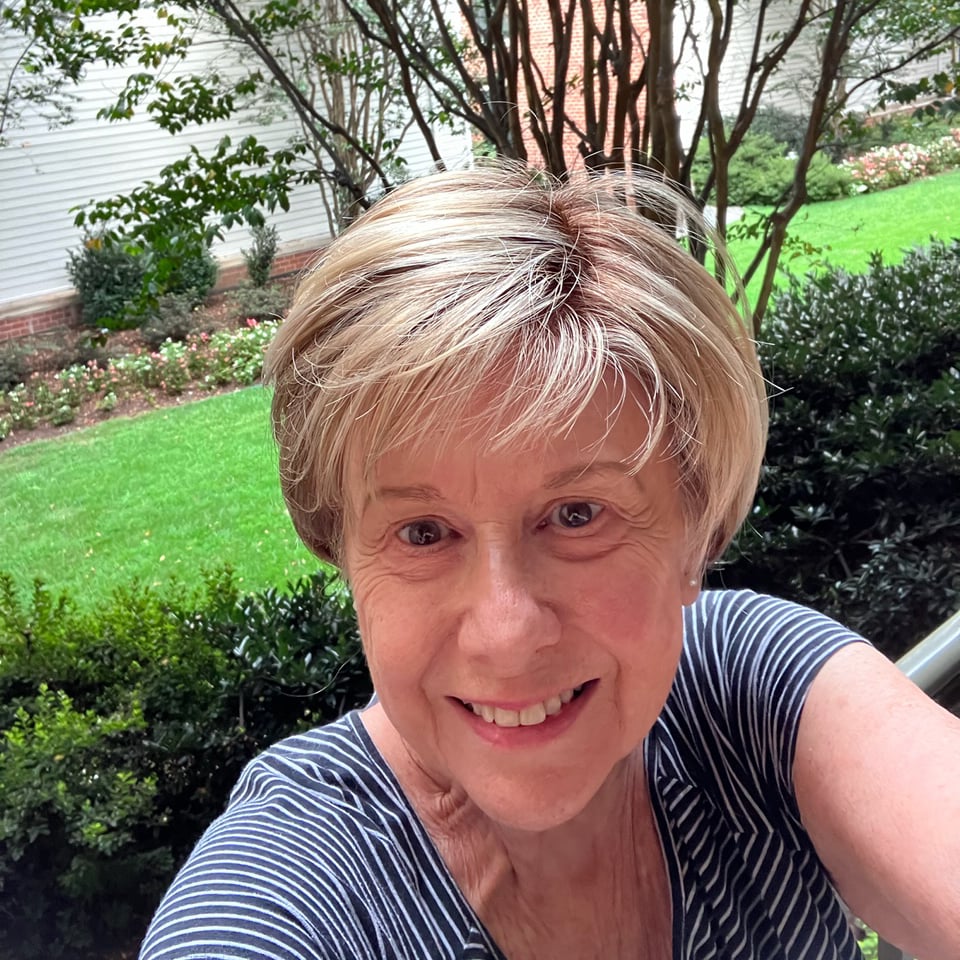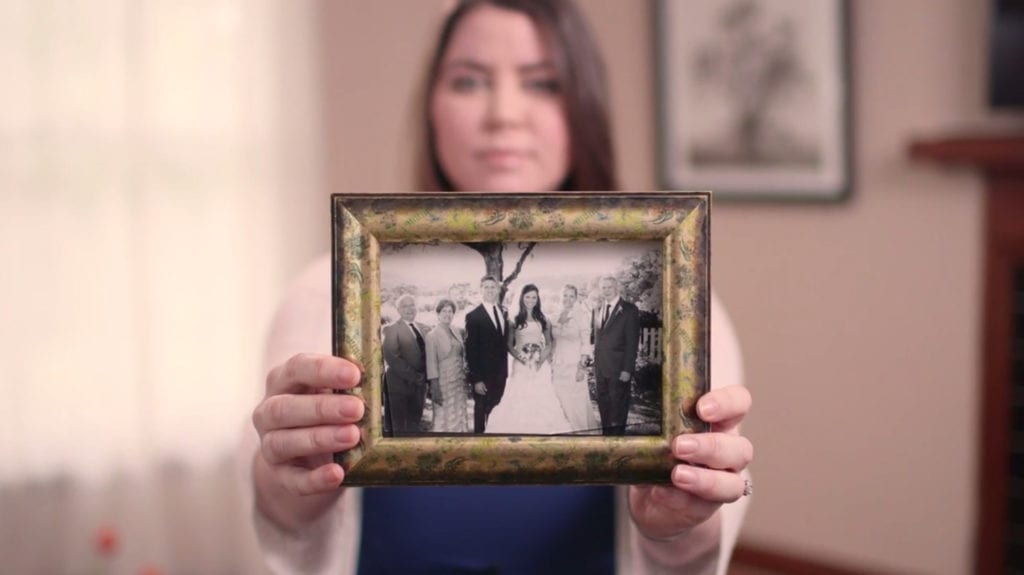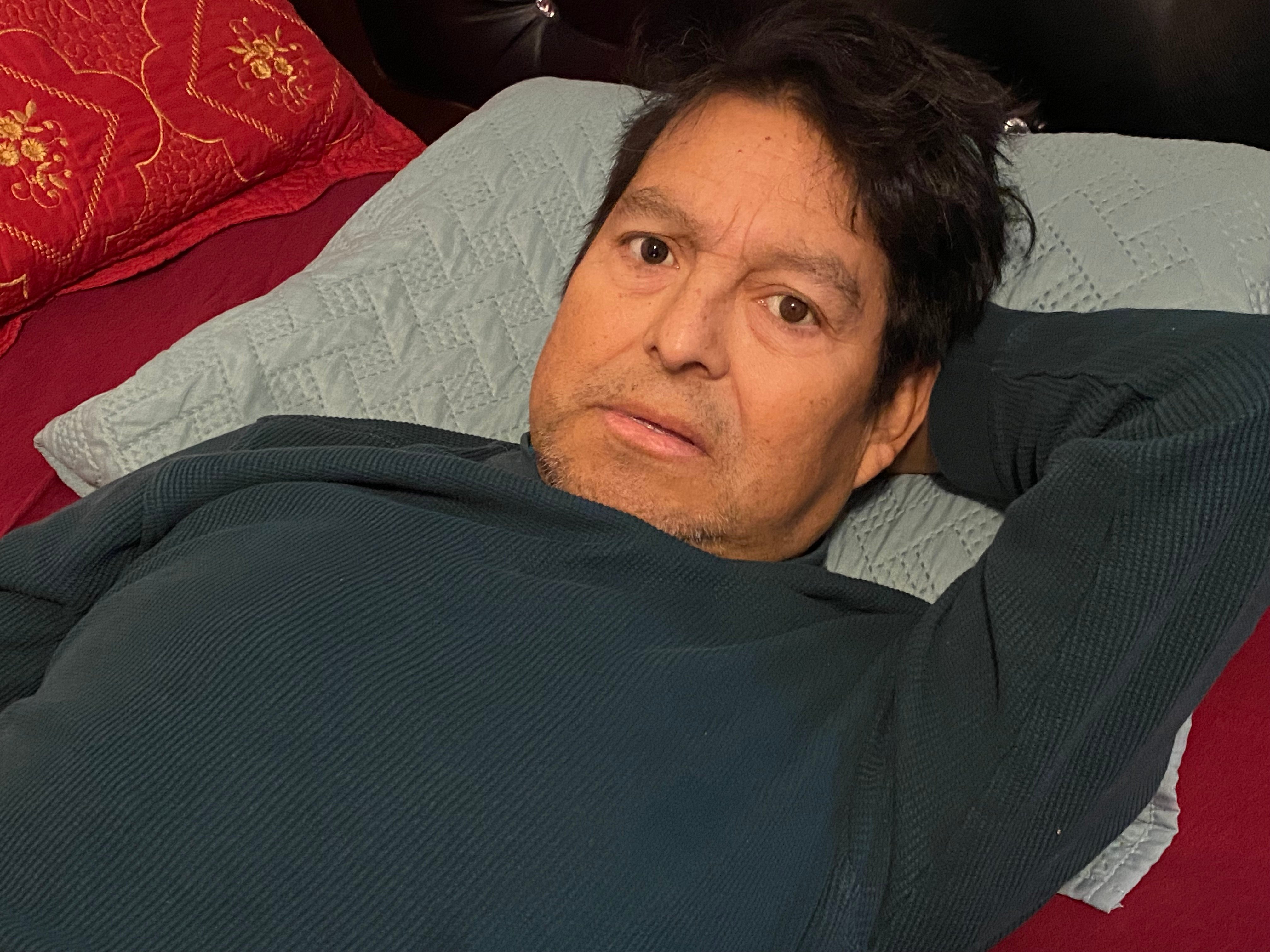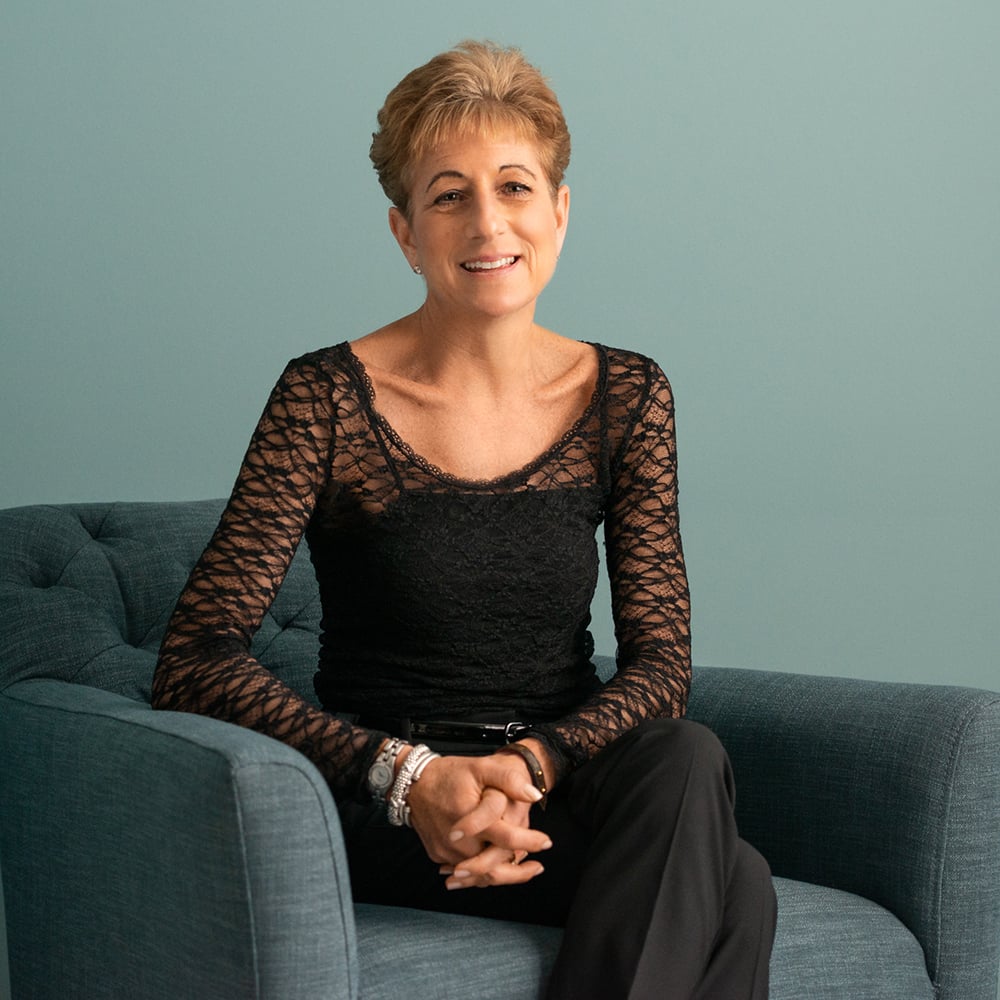Barbara shared her story in October of 2022.
In August 2021, I heard a Compassion & Choices volunteer speak about the work that organization was doing on medical aid-in-dying legislation in Virginia. I’d been interested in seeing this happen, and now, recently retired and emerging from COVID isolation, I had the time to work on this issue and signed up to do legislative outreach. Over the next year, I contacted and met with many northern Virginia lawmakers, working to convince them of the need for this proposed legislation.
At the time, I did not know that in less than a year I would be looking at this option for myself. The theoretical legislative future became a very real and practical option I was now seeking.
Summer of 2022 instantly took me from being a completely healthy person to one with a diagnosis of metastatic pancreatic cancer. In July, I woke up in the early morning hours because my entire body was incredibly itchy — from the top of my head to the bottom of my feet. I thought I was having an allergic reaction. The next day I went to see the doctor only because it was a Friday and I didn’t think I would be able to make it through the weekend without scratching all my skin off.
My doctor listened to me and recognized there may be something more serious than an allergic reaction going on. He ordered blood work along with a number of other tests. They found my bile duct was blocked and that there was a mass on my pancreas. I was told I had metastatic pancreatic cancer and that the average life expectancy is eight to 11 months. Suddenly, having a voice in how I might die became a necessary reality, and a reality that was not possible in Virginia, where I live.
Right now I feel fine, so I have no current desire or need for medical aid in dying. But I want access to this option when the time comes. I just want the peace of mind knowing that if I need it, the option will be available to me. Even with opioids, which I hate because they make me feel terrible, I have a sense of relief just knowing the pain medications are available. It’s the same with medical aid in dying. The point isn’t to get the prescription and utilize it right away. I just want to have it in case my suffering becomes unbearable.
Because Virginia is unlikely to pass the legislation that I need in the timeframe that would benefit me given my prognosis, I recently began thinking about where I would move to ensure I have access to medical aid in dying.
I have a daughter who lives in California, where this legislation passed in 2016. But I don’t want to move out of my home, away from my friends and neighbors, especially during the last months of my life. The idea that a terminally ill person has to experience the anguish of a physical move in order to gain bodily autonomy makes little sense to me. What state you live in should not determine what end-of-life options you have access to.
The District of Columbia sits less than 10 miles away, and they made medical aid in dying an option in 2017. Both D.C. and California, however, require state residency in order to use their medical aid-in-dying provisions, meaning staying in Virginia where my end-of-life choices would be seriously limited is not an option I would consider.
For now I’m still in Virginia, getting cancer treatments and also support from the many friends I’ve made after living here for the last 40 years. At some point soon I’ll decide whether to leave my support system behind and move to be near my daughter to establish residency in California, or whether to move just a few miles away to D.C. and stay close to friends and the treatment options that I have now. No one who is seriously ill should be burdened with having to add that kind of decision to the mix.






